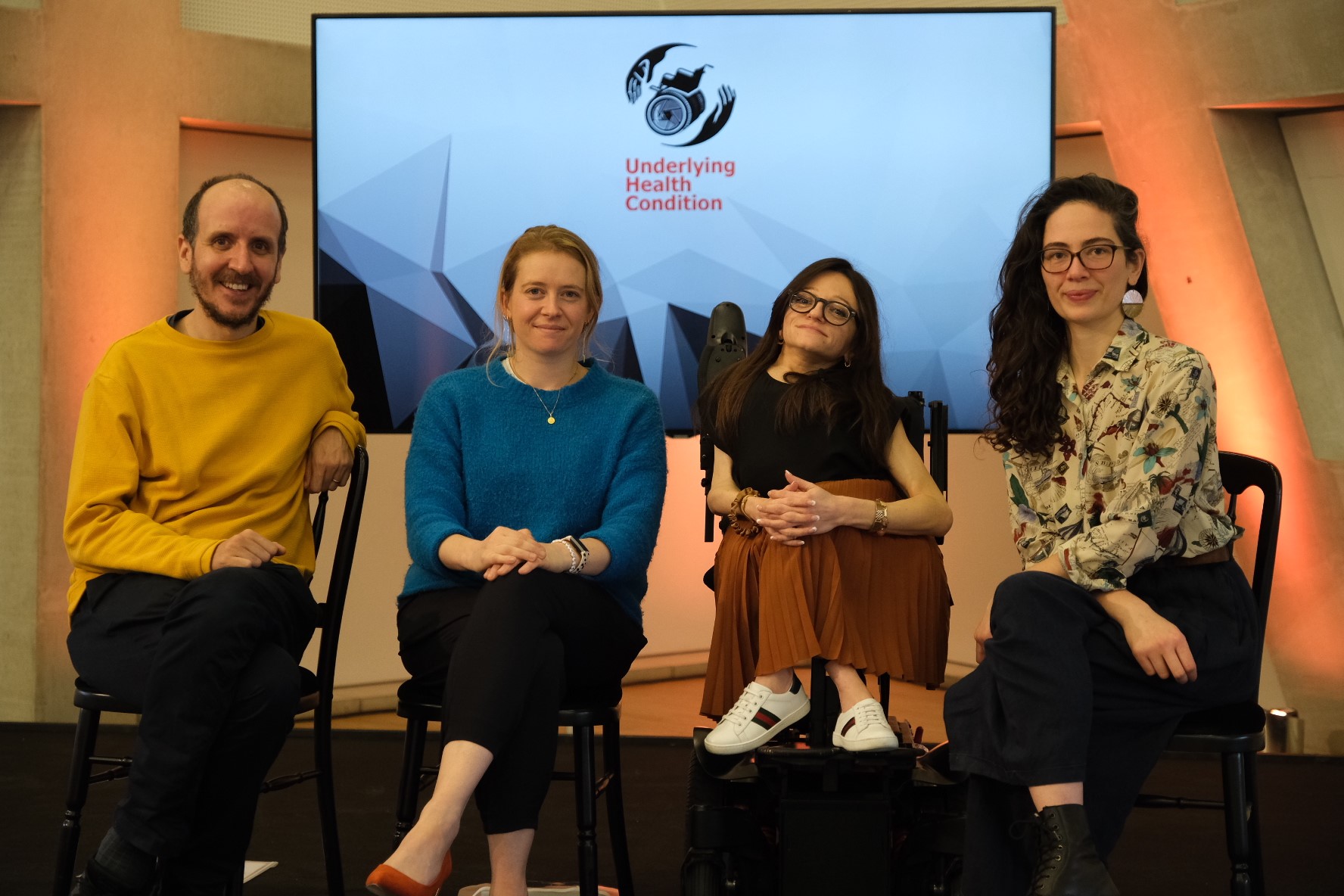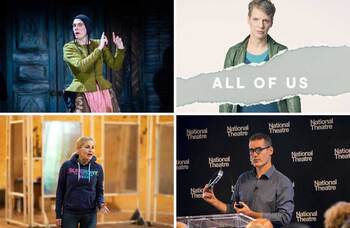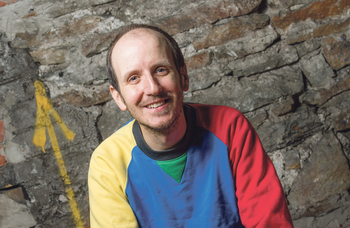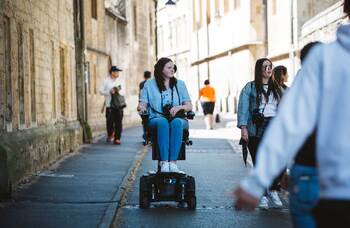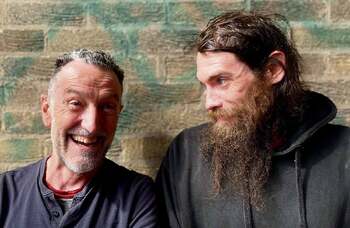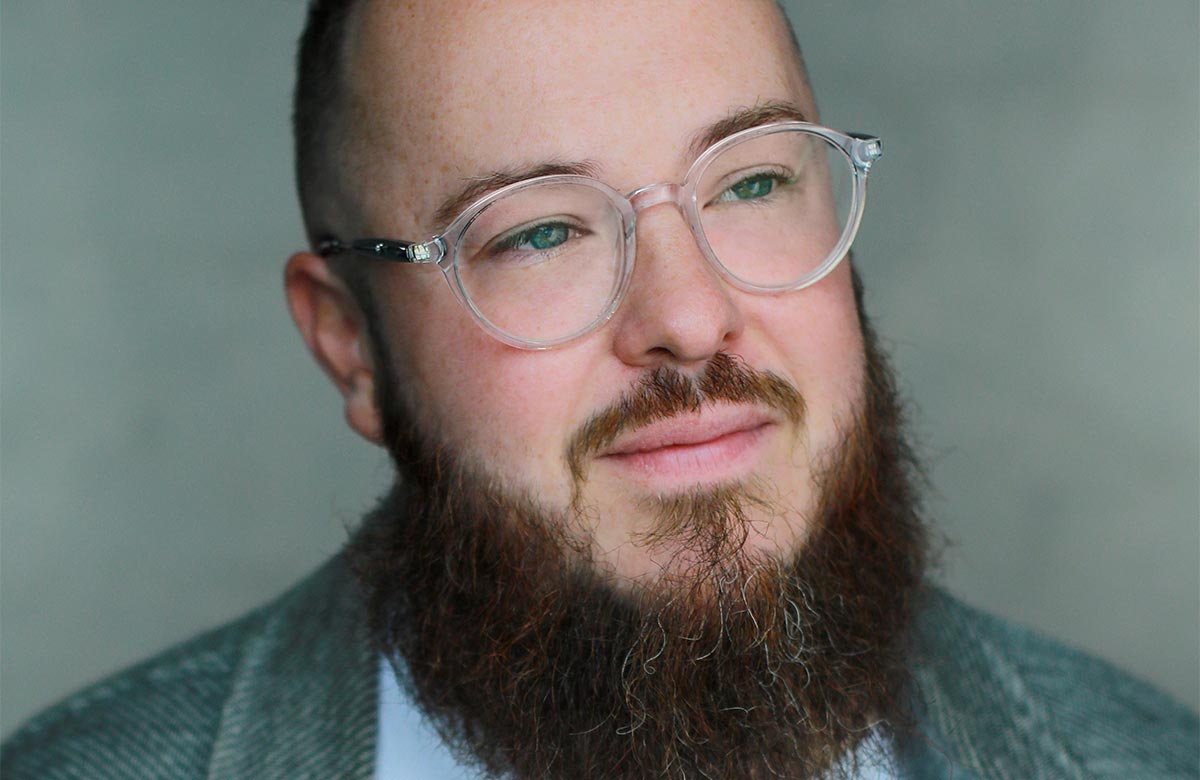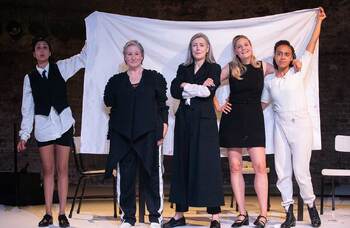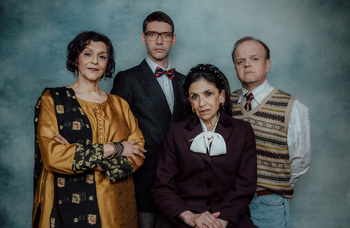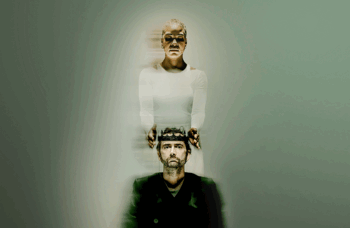'Woeful' lack of facilities for disabled TV workers exposed in major report
"Woeful inadequacies" in the facilities available for disabled people working in television have been exposed in a damning report, which calls on the industry to commit to more inclusive conditions.
It is the first piece of work from Underlying Health Condition, a pressure group announced earlier this year by playwright and screenwriter Jack Thorne, which today (December 3) launched its campaign to bring about structural change and reverse the exclusion of disabled people from the TV industry.
The report calls for production companies to commit to providing accessible working conditions, after a survey revealed the lack of facilities such as accessible toilets, costume and make-up trailers, and work spaces for disabled people working on and off screen in British TV, where only 7% of employees have a disability. This is despite disabled people making up 20% of the UK population.
Recommendations include establishing a disabled freelancer fund, employing dedicated accessibility coordinators on high end TV productions, and budget allocations set as standard to make accessibility adjustments in offices, on sets and on locations.
Every major studio and company providing production facilities was invited to respond to the survey. Just 46% responded, the group said, with results from those that did respond detailing a lack of accessibility that is "worryingly obvious".
Findings include:
- Only one facilities company that responded had an accessible toilet facility
- No single facilities company could provide a fully accessible unit base, comprising a full package of costume, make-up and performers’ trailers, as well as hygiene facilities and catering
- Half of respondents did not know how to make their facilities accessible should it be required, and 63% responded either ’no’ or ’I don’t know’ when asked if they could source an accessible toilet
- Only 21% had an induction loop or closed captioning technology
- Nine out of 10 respondents do not have signs, maps or buttons in a tactile format "making it close to impossible to navigate these spaces independently"
- Only 44% said site staff are provided with any training around disability awareness or mental health.
- While 93% of studios said their sound stages are wheelchair accessible, only 58% said spaces such as workshops, production offices and costume stores are accessible
The report, titled Everyone Forgot About the Toilets, is published to coincide with International Day of Disabled Persons, and was launched at an event at London’s Tate Modern, attended by more than 100 disabled TV professionals.
It is authored by Thorne and his co-founders of Underlying Health Condition – writer and actor Genevieve Barr, production manager Katie Player and producer Holly Lubran.
In a joint statement, they said the survey exposed the fact that disabled access is "simply not thought about" by the industry.
"It is not planned for or integrated into the structure and design of our spaces and that has got to change," they said.
The report’s authors make four key recommendations to the television industry, which include a set line in high end TV budgets that accommodates reasonable adjustments to make productions more accessible, such as disabled toilets, accessible minibuses, BSL interpreters or quiet rooms on set.
They also ask employers to engage accessibility coordinators and call for dedicated support for disabled freelancers. This would be funded through a new 0.1% levy that could be added to the existing 0.5% levy in place to fund the High End TV Skills Fund. They also call for the establishment of a fund for studios and facilities companies to access in order to build accessible toilets, trailers and other disabled facilities.
As part of the report, broadcasters and production companies are asked to make public commitments to implement all or some of these recommendations.
“The results of the survey aside, this is not a campaign made in anger but in hope. This is about providing a blueprint for meaningful change; we have four key recommendations to which we want all industry leaders to pledge to support and actually ensure are met, in order to provide a working experience that so many take for granted," Underlying Health Condition said.
The pressure group, formed to foster structural change in the industry, has been working on the survey and other advocacy work for several months, and was first announced during Thorne’s MacTaggart Lecture at the Edinburgh TV Festival in August.
The group now plans to assemble a steering group, made up of representatives from broadcasters, streaming companies, industry bodies, studios and freelancers to work on realising the recommendations and "save the TV industry from being an exclusive and exclusionary space".
A separate report, also published this week and commissioned by the British Council, argued that a lack of knowledge in the mainstream cultural sector across Europe is preventing disabled artists and creatives from fairly participating in the arts.
Time to Act, authored by mobility information network On the Move, is described as the first ever transnational study showing an absence of knowledge and expertise across the whole European cultural sector in how to support equal access for disabled professionals and audiences.
From a survey spanning 42 countries, more than half of respondents rated their knowledge of work by disabled artists as poor or very poor, with 17% having not seen any work by a disabled artist over a two-year period.
The report also warned that disabled representation could fall off the agenda of funders and of resource-strapped organisations recovering from the pandemic.
"Ensuring this does not happen is a priority and responsibility for the whole of the cultural sector. Securing the progress of the past while working towards an equal future means advocating for better funding and regulation, taking a transnational approach to sharing knowledge, and placing universal inclusion and accessibility at the centre of work for all arts organisations and venues. The cultural sector is poised for change, and knows it’s needed. It’s time to act," it said.
Production News
Recommended for you
Production News
Recommended for you
Most Read
Across The Stage this weekYour subscription helps ensure our journalism can continue
Invest in The Stage today with a subscription starting at just £7.99
